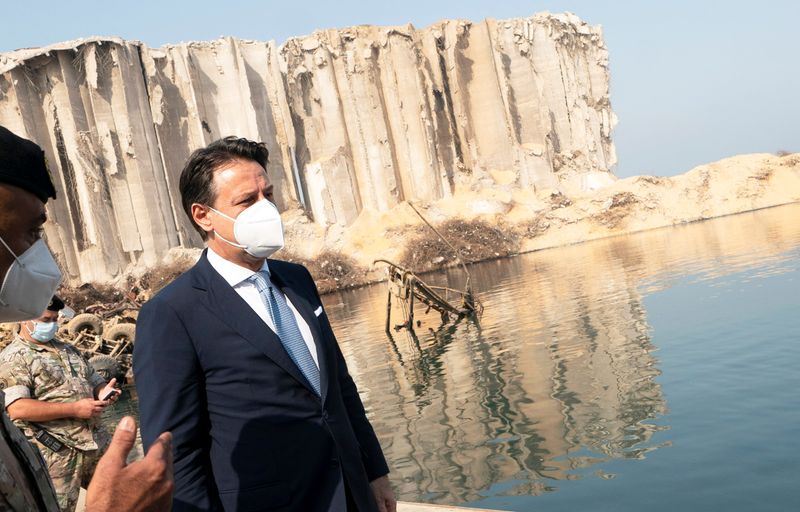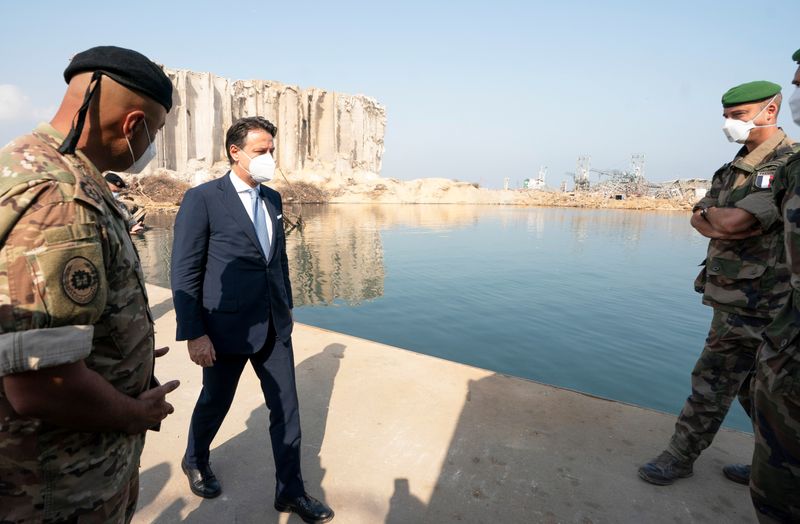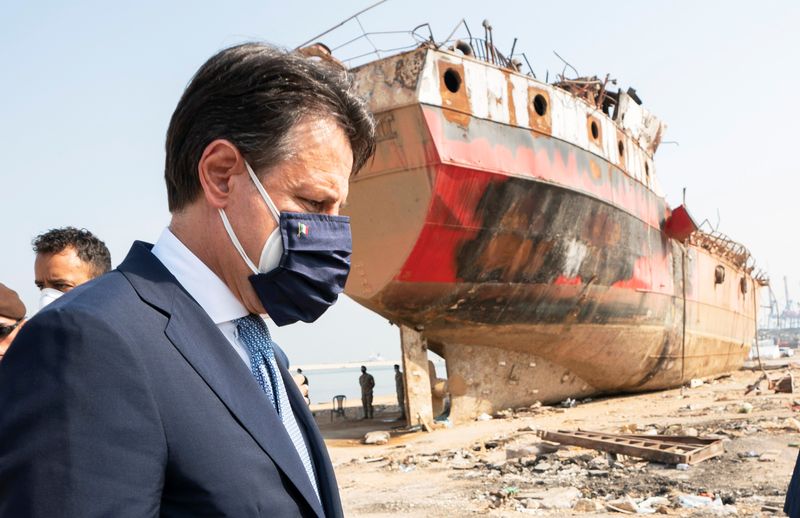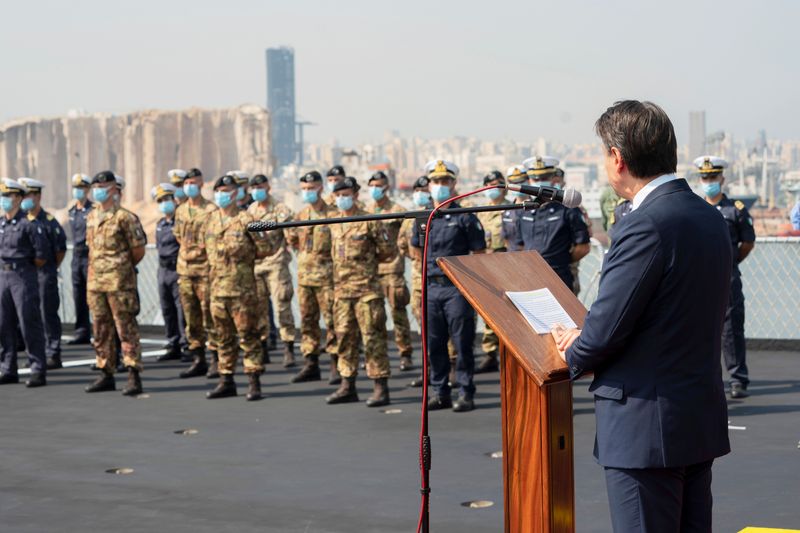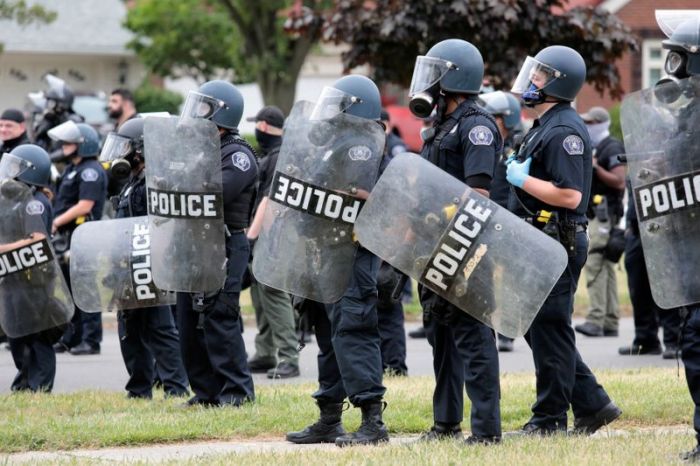BEIRUT (Reuters) – Italy’s prime minister said on Tuesday it was time for Lebanon to rebuild trust between its people and institutions, joining France’s call for change in a nation devastated by economic crisis and last month’s explosion at Beirut port.
Prime Minister Giuseppe Conte was visiting Beirut a week after a trip by French President Emmanuel Macron, who has led international efforts to push through reforms in Lebanon to end decades of state corruption and mismanagement.
Lebanese Prime Minister-designate Mustapha Adib has until early next week to get a cabinet in place under a timetable promised during Macron’s visit to a nation facing its worst crisis since the 1975-1990 civil war.
Adib held talks with President Michel Aoun on Tuesday but made no announcements about ministerial appointments.
“Now is the time to look ahead and build trust between the citizens and institutions, and to turn a new page in Lebanon’s history,” Conte said after talks with Aoun earlier on Tuesday.
Conte, whose comments were carried in Arabic by Lebanese media, said Italy and the European Union were ready to help.
During last week’s visit, Macron said Lebanese politicians, who usually bicker for months over ministerial posts, had promised to agree on a new cabinet in two weeks, or by mid-September.
“We are at the stage of dialogue with his excellency, the president, and God willing it will go well,” Adib said after his meeting at the presidential palace.
Lebanese media and political sources say Adib has discussed a cabinet of about 14 ministers, instead of the usual 20 or more posts. He has not announced any plans. A senior political source said Tuesday’s meeting went well.
The swift formation of a government is the first step on a French political roadmap intended to open the way for heavily indebted Lebanon to receive international aid to get back on its feet.
Billions of dollars of aid pledged at an international conference in 2018 were never delivered because Lebanon did not carry out reform pledges.
Lebanon is also recovering from the Aug. 4 blast at Beirut port which killed about 190 people, injured 6,000 more and devastated whole neighbourhoods.
(Reporting by Edmund Blair and Tom Perry; Editing by William Maclean and Timothy Heritage)

